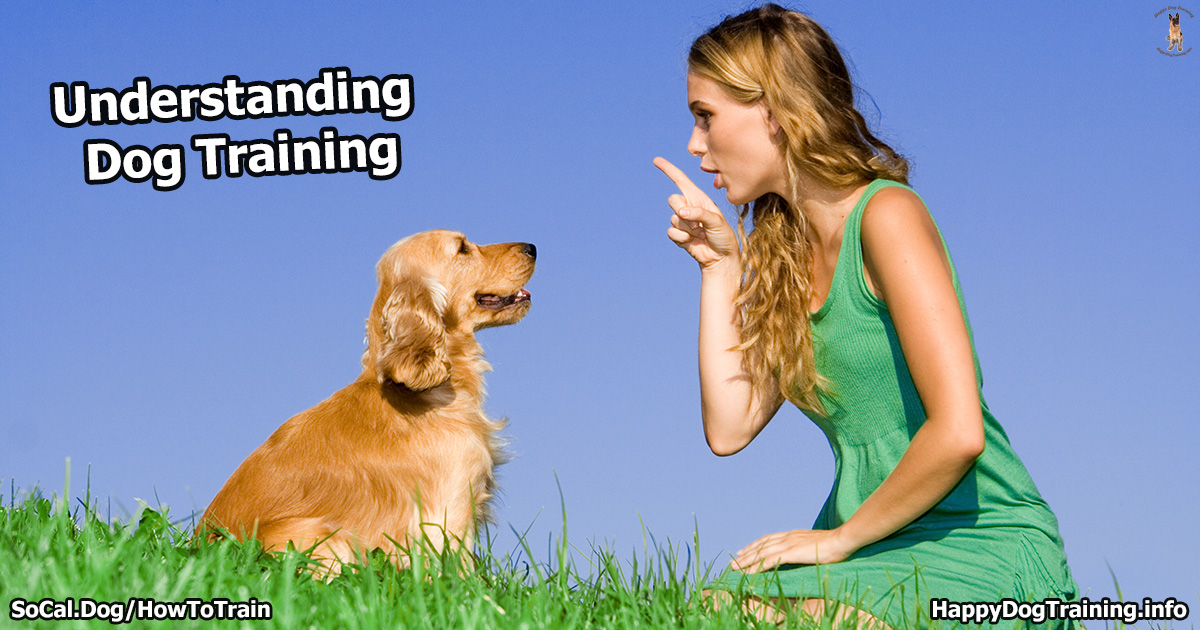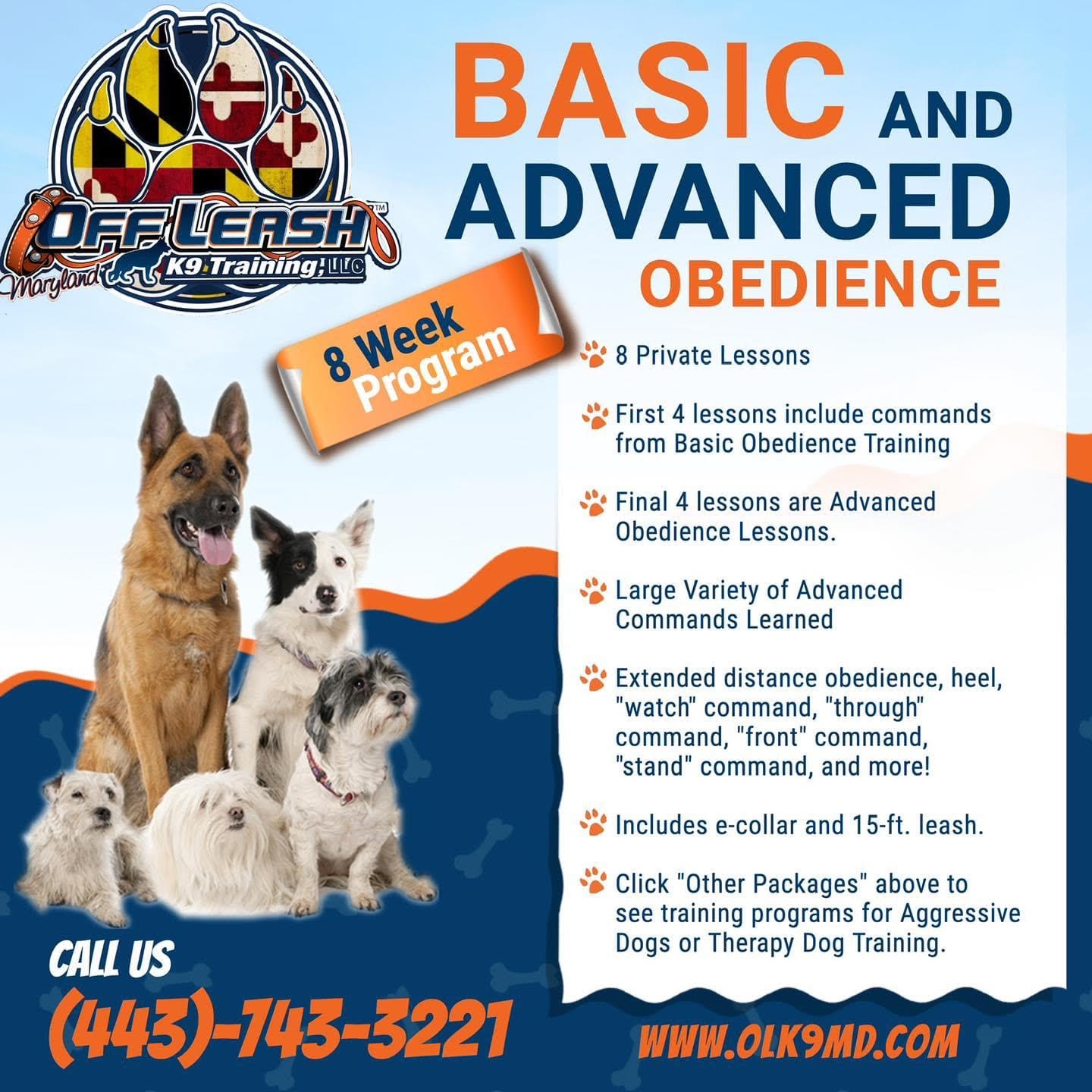Happy & Obedient Pup: The Dog Training Blueprint

Understanding Dog Behavior and Training Basics
Dog Behavior and Psychology Fundamentals
In the world of dog training, understanding your furry friend's behaviour and psychology is key to a successful training journey. Dogs are highly social animals with intricate communication systems that involve body language, vocalizations, and even scents.
By grasping these fundamentals, you can better interpret your dog's actions and emotions. Remember, your dog's behaviour is their way of communicating with you, so paying attention to their cues is crucial. With patience and empathy, you can build a strong bond with your canine companion based on trust and understanding.
Positive Reinforcement Training Techniques
When it comes to training your dog, positive reinforcement techniques are highly effective and foster a joyful learning environment. Using rewards such as treats, praise, and playtime, you can encourage desired behaviours while discouraging unwanted ones. Remember to be consistent and clear in your commands, and always celebrate your dog's successes, no matter how small they may seem.
By focusing on positive reinforcement, you can create a happy and confident dog who is eager to learn and please you. Trust the process and enjoy the journey of training your loyal companion. Your efforts will surely pay off in creating a well-behaved and happy pup.

Establishing a Strong Foundation with Your Puppy
Socialization and Basic Commands
As you embark on this journey with your puppy, remember that socialization and basic commands are the building blocks of a well-rounded and happy canine companion. Introduce your furry friend to various environments, people, and other animals to help them adapt and thrive in different situations.
Be patient as your puppy learns commands like sit, stay, and come. Consistency and positive reinforcement will go a long way in teaching these essential skills. Encourage good behaviour with treats and praise, and remember that each small milestone is a step towards a well-socialized and obedient dog.
Crate Training and Potty Training Tips
Crate training and potty training are important aspects of raising a well-behaved puppy, and with your guidance, your furry friend will learn these skills in no time. Introduce the crate as a safe and comfortable space for your puppy, associating it with positive experiences and rewards. Use a schedule to establish regular potty breaks to prevent accidents and reinforce good habits.
Be patient and consistent during training, and always celebrate your puppy's successes. With your love and support, your puppy will quickly learn the importance of proper potty etiquette and easily adapt to crate training. Remember, a little patience and a lot of positivity will pave the way for a happy and well-adjusted puppy.

Building Obedience and Communication Skills
Intermediate Training Commands
As you continue your journey with your puppy, you will gradually introduce intermediate training commands to strengthen their obedience and communication skills further. Commands like "down," "heel," and "leave it" will enhance your puppy's understanding of your expectations and reinforce good behaviour. Practice these commands consistently and patiently, rewarding your furry companion for their progress and efforts. With time and dedication, your puppy will master these intermediate commands and respond to your cues with enthusiasm and eagerness.
Effective Communication and Bonding Exercises
Improving communication and bonding with your puppy is essential for building a strong relationship based on trust and understanding. Engage in bonding exercises such as interactive playtime, grooming sessions, and leisurely walks to strengthen your connection and create lasting memories together.
Pay attention to your puppy's body language and vocal cues to better understand their needs and feelings. Communicate clearly and positively through praise, treats, and affection to reinforce good behaviour and deepen your bond.
By investing time and effort in effective communication and bonding exercises, you will lay a solid foundation for a harmonious and fulfilling relationship with your furry companion.

Addressing Common Behavior Issues
Dealing with Aggression and Separation Anxiety
When faced with aggression or separation anxiety in your furry friend, approach these challenges with patience, understanding, and positive reinforcement. For aggression, identify triggers and work on desensitization techniques while consulting a professional trainer if needed.
Separation anxiety can be eased by gradually increasing alone time, providing stimulating toys, and creating a safe and comfortable environment for your puppy. Consistent training, reassurance, and a calm demeanour will help your puppy overcome these behaviour issues and build confidence in different situations.
Curbing Unwanted Behaviors like Barking and Chewing
Addressing unwanted behaviours like excessive barking and chewing requires consistency, redirection, and a proactive approach. Determine the root cause of these behaviours – boredom, anxiety, or seeking attention – and address them accordingly. Provide mental and physical stimulation through interactive toys, training sessions, and regular exercise to prevent boredom-driven behaviours.
Redirect chewing to appropriate toys and discourage barking by rewarding quiet behaviour. With patience and positive reinforcement, you can gradually minimize these unwanted behaviours and guide your puppy towards more desirable habits.

Advanced Training Techniques for a Well-Behaved Dog
Off-Leash Training and Advanced Commands
When you are ready to take your furry companion's training to the next level, consider incorporating off-leash training and advanced commands into your routine. Start by reinforcing basic commands such as sit, stay, and come in various environments to build a strong foundation. Gradually transition to off-leash training in a safe and secure area, starting with short distances and gradually increasing the distance as your dog demonstrates reliability.
Introduce advanced commands like heel, place, or even tricks like play dead to challenge your dog's mental capacity and obedience. Consistency, patience, and positive reinforcement are key to mastering off-leash training and advanced commands, ensuring a well-behaved and responsive companion.
Agility Training and Mental Stimulation Activities
Engaging in agility training and mental stimulation activities can further enhance your dog's physical abilities and mental sharpness. Set up an agility course in your backyard or visit a dog-friendly agility centre to introduce obstacles like tunnels, weave poles, and jumps to improve your dog's coordination and speed.
Incorporate mental stimulation activities such as puzzle toys, scent games, or hide-and-seek to keep your dog's mind engaged and prevent boredom. These activities provide physical exercise and strengthen the bond between you and your furry friend.
By incorporating agility training and mental stimulation activities into your routine, you can continue to challenge and stimulate your dog's senses, leading to a well-rounded and happy companion.

Maintaining Consistency and Positive Reinforcement
Importance of Consistency in Training
When you embark on the journey of advanced training techniques for your dog, maintaining consistency is crucial to their success. By consistently reinforcing commands and expectations, you establish clear communication with your furry companion, helping them understand what is expected of them.
Consistency also builds trust between you and your dog, creating a strong foundation for further training. Remember to practice regularly and in various environments to ensure your dog can generalize their training across different situations.
Using Rewards and Encouragement Effectively
Positive reinforcement is a powerful tool in shaping your dog's behaviour and encouraging good habits. When your dog performs a desired behaviour, promptly reward them with treats, praise, or playtime to reinforce that behaviour positively. Your encouragement and enthusiasm can motivate your dog to continue learning and improving.
Remember to tailor the rewards to what motivates your dog the most, whether it's treats, toys, or verbal praise. By using rewards and encouragement effectively, you can create a positive learning environment that makes training enjoyable for both you and your furry companion.
Understanding Your Dog's Needs and Body Language
Reading Canine Body Language
Understanding your dog's body language is key to effective communication and building a strong bond with your furry friend. Dogs use their bodies to communicate their feelings, needs, and intentions. For example, a wagging tail can indicate excitement or happiness, while flattened ears may signal fear or stress.
By observing your dog's body language in various situations, you can better understand their emotions and react accordingly. Pay attention to cues such as posture, facial expressions, and vocalizations to interpret what your dog is trying to communicate.
Meeting Your Dog's Physical and Emotional Needs
Meeting your dog's physical and emotional needs is essential for their well-being and behaviour. Regular exercise, a balanced diet, and proper grooming ensure your dog stays healthy and happy.
Additionally, dogs thrive on mental stimulation and social interaction, so engaging in training sessions, interactive play, and socialization with other dogs is crucial. Creating a safe and comfortable environment at home, including a designated rest area and access to fresh water, helps meet your dog's basic needs and ensures they feel secure and loved.
By fulfilling your dog's physical and emotional needs, you can strengthen your bond and promote a harmonious relationship based on trust and understanding.

Troubleshooting Training Challenges
Overcoming Training Plateaus
As a dog owner, you play a vital role in overcoming any training plateaus you and your furry companion may encounter. Remember that consistency, patience, and positive reinforcement are key to successful training. If you notice your dog struggling to progress or losing interest, consider mixing up the training routine to keep them engaged and motivated.
Introduce new commands, vary the training environment, or incorporate interactive toys to make learning fun and exciting for your dog. Celebrate small victories and milestones to boost your dog's confidence and reinforce good behaviour. By adapting your training approach and being persistent, you can break through plateaus and continue to make progress towards your training goals.
Seeking Professional Help and Resources
Sometimes, despite your best efforts, you may encounter training challenges that require additional support. Seeking professional help from a certified dog trainer or behaviourist can provide valuable guidance and expertise to address specific behaviour issues or training obstacles. These professionals can assess your dog's behaviour, tailor a training plan to meet their individual needs, and offer personalized advice on how to overcome challenges effectively.
Additionally, there are various resources available, such as online training courses, books, and workshops, that can supplement your training efforts and provide you with new insights and techniques. Remember that asking for help is a sign of dedication to your dog's well-being and development, and seeking assistance when needed can lead to positive outcomes for both you and your beloved pet.

